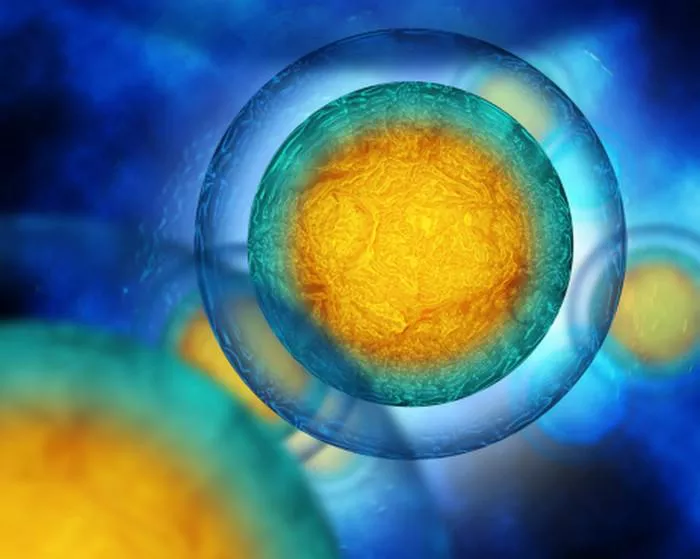Diet plays a crucial role in male fertility, impacting sperm count, motility, and morphology. While there is no single magic food that guarantees fertility success, certain foods have been associated with potential benefits for sperm health. In this comprehensive article, we will delve into the nutritional impact on sperm health, specific foods known to increase sperm count, foods to avoid, essential vitamins and minerals, dietary patterns, recipes and preparation tips, expert opinions, and common myths and misconceptions surrounding diet and male fertility.
Nutritional Impact on Sperm Health
The food we consume provides the building blocks necessary for sperm production and function. A well-balanced diet rich in nutrients is essential for supporting optimal sperm health. Key nutrients that play a role in sperm production and fertility include vitamins, minerals, antioxidants, and essential fatty acids.
Foods to Increase Sperm Count
Several foods have been touted for their potential to increase sperm count and improve overall sperm health. These include:
Oysters: Rich in zinc, oysters are known for their potential to increase testosterone levels and sperm production. Zinc is essential for maintaining healthy sperm morphology and motility.
Leafy Greens: Vegetables such as spinach, kale, and broccoli are rich sources of folate, a B vitamin that plays a crucial role in DNA synthesis and cell division. Folate deficiency has been linked to sperm abnormalities, making leafy greens an important addition to the diet.
Nuts and Seeds: Almonds, walnuts, and pumpkin seeds are packed with essential fatty acids, antioxidants, and nutrients like zinc and selenium, which are vital for sperm production and motility.
Fatty Fish: Salmon, mackerel, and sardines are rich sources of omega-3 fatty acids, which have been shown to improve sperm quality and increase sperm count.
Berries: Blueberries, strawberries, and raspberries are loaded with antioxidants that help protect sperm from oxidative damage and support overall reproductive health.
Incorporating these fertility-boosting foods into your diet can provide your body with the nutrients it needs to support optimal sperm production and function.
Foods to Avoid
While certain foods may support sperm health, others may have a negative impact. Foods to limit or avoid include:
Processed Foods: Processed foods high in sugar, refined carbohydrates, and trans fats can contribute to inflammation and oxidative stress, which may harm sperm health.
Red Meat: While lean cuts of red meat can be part of a balanced diet, excessive consumption may have negative effects on sperm quality and fertility.
Sugary Beverages: Sugary beverages like soda and fruit juices can lead to weight gain and insulin resistance, which may impair sperm production and motility.
It’s essential to prioritize whole, nutrient-dense foods and limit the intake of processed and unhealthy options to support sperm health and fertility.
Vitamins and Minerals
Certain vitamins and minerals are particularly important for sperm production and function. These include:
Zinc: Essential for testosterone production and sperm health, zinc plays a crucial role in sperm maturation and motility. Good food sources of zinc include oysters, beef, poultry, nuts, and seeds.
Vitamin C: An antioxidant vitamin, vitamin C helps protect sperm from oxidative damage and may improve sperm motility and morphology. Citrus fruits, strawberries, and bell peppers are excellent sources of vitamin C.
Folate: Also known as vitamin B9, folate is essential for DNA synthesis and cell division. Foods rich in folate include leafy greens, lentils, beans, and fortified cereals.
Including these key vitamins and minerals in your diet can help support optimal sperm production and fertility.
Dietary Patterns
In addition to individual foods, dietary patterns may also play a role in fertility. The Mediterranean diet, characterized by high consumption of fruits, vegetables, whole grains, legumes, fish, and olive oil, has been associated with improved sperm quality and fertility outcomes. This diet is rich in antioxidants, healthy fats, and nutrients that support overall health and reproductive function.
Conclusion
In conclusion, while there is no magic food that guarantees fertility success, certain foods have been associated with potential benefits for sperm health. By prioritizing nutrient-dense foods rich in vitamins, minerals, antioxidants, and essential fatty acids, you can support optimal sperm production and function. Consulting with a healthcare professional or nutritionist for personalized guidance and support is recommended for individuals or couples seeking to optimize their fertility journey. By incorporating fertility-boosting foods into your diet and adopting a healthy lifestyle, you can nourish your body and support your reproductive health for a fruitful future.























